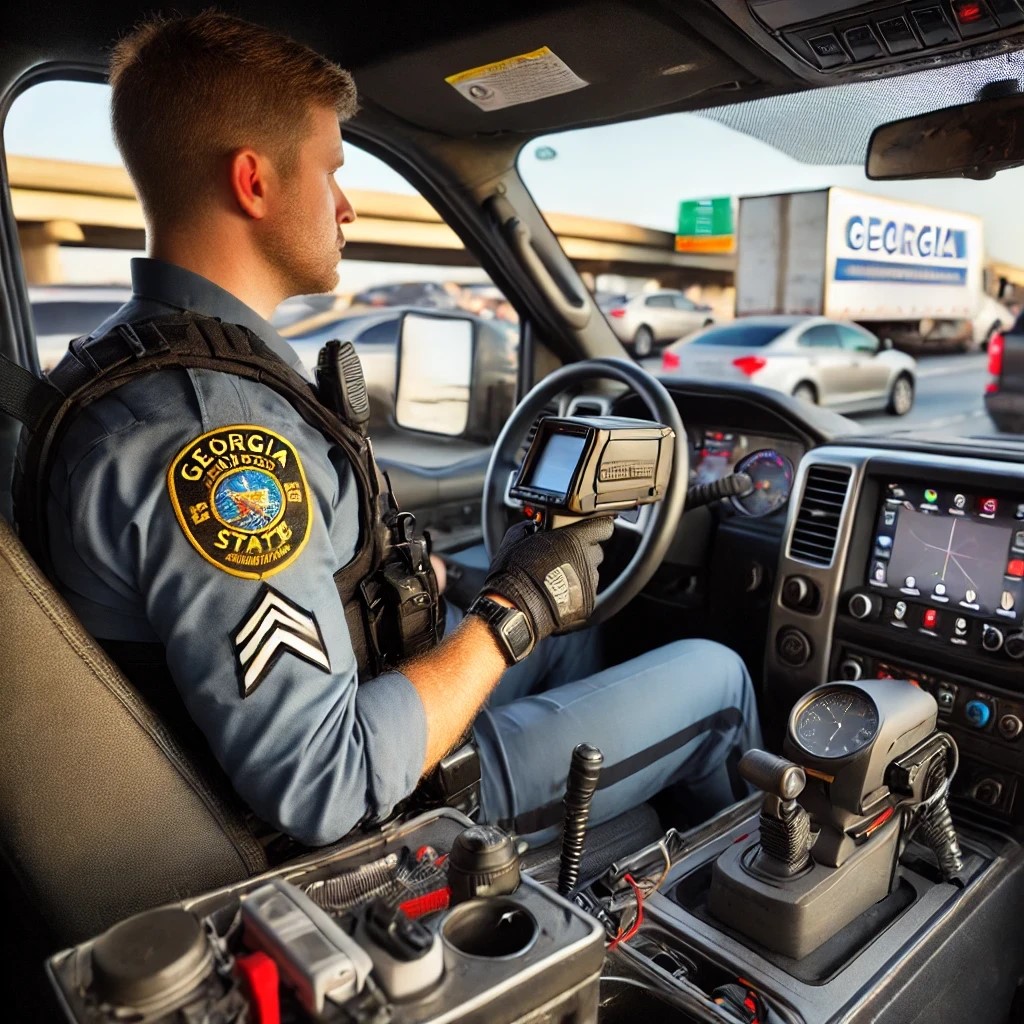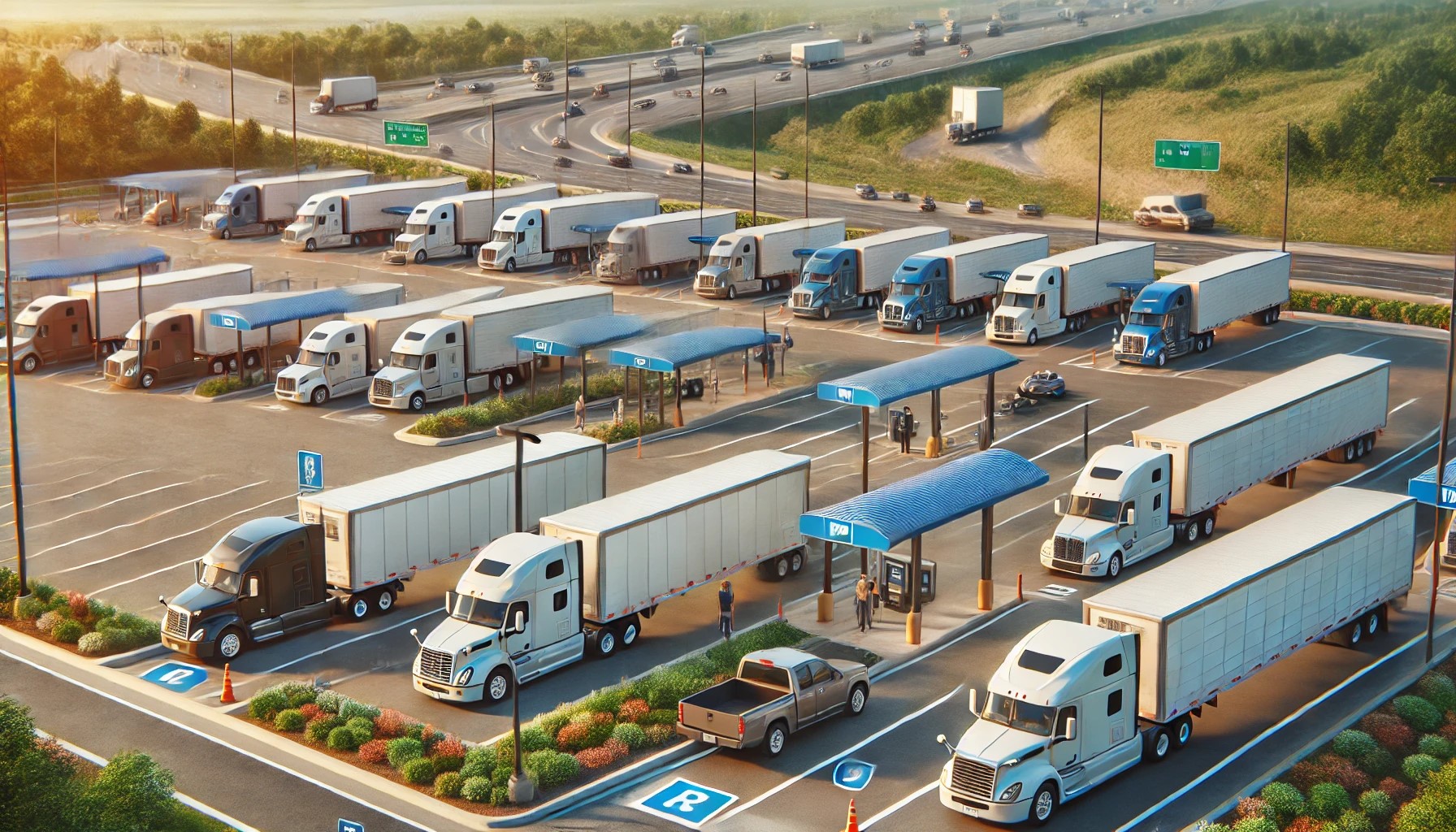
A recent event on Interstate 95 (I-95) where an oversized rig collided with a rail bridge, resulting in an unexpected closure, has spotlighted the critical vulnerabilities in our nation’s infrastructure and its direct impact on the economy. This artery of commerce, one of the busiest highways in the United States, plays a vital role in facilitating trade and transportation across the East Coast. The closure of such a key route, even temporarily, can have far-reaching consequences, from immediate logistical headaches to longer-term economic tremors.
Immediate Impacts on Transportation
The immediate effect of the I-95 closure was felt by trucking companies and drivers who rely on this highway for the timely delivery of goods. Rerouting traffic, especially for oversized and heavy loads, is not just a matter of inconvenience but also leads to increased fuel consumption, longer delivery times, and higher operational costs. These disruptions highlight the necessity for efficient contingency planning and the importance of real-time communication within the logistics sector.
Economic Implications
The economic implications of such closures go beyond the transportation industry. The delayed delivery of goods can disrupt supply chains, leading to shortages and increased prices for consumers. For industries that rely on just-in-time delivery systems, such interruptions can halt production lines, impacting manufacturing output and potentially leading to economic losses on a larger scale.
The Call for Robust Infrastructure and Compliance
Incidents like the I-95 bridge strike call attention to the urgent need for investing in robust infrastructure that can withstand the demands of modern transportation. They also underscore the importance of strict compliance with transportation regulations to prevent such occurrences. Ensuring that vehicles are properly sized and loads are securely fastened can minimize the risk of accidents that lead to costly closures.
Looking Forward
As we navigate the aftermath of the I-95 closure, it becomes clear that such incidents are not just a concern for those directly involved in transportation but for anyone dependent on the seamless flow of goods and services. This event serves as a reminder of the interconnectedness of our infrastructure, economy, and daily lives. Investing in durable, resilient infrastructure and fostering a culture of compliance and safety are paramount in mitigating the impact of future disruptions.
As we move forward, it is crucial for policymakers, industry leaders, and stakeholders to work together to reinforce the nation’s transportation network, ensuring it is capable of supporting the economy’s dynamic needs and safeguarding against vulnerabilities that have far-reaching consequences.












